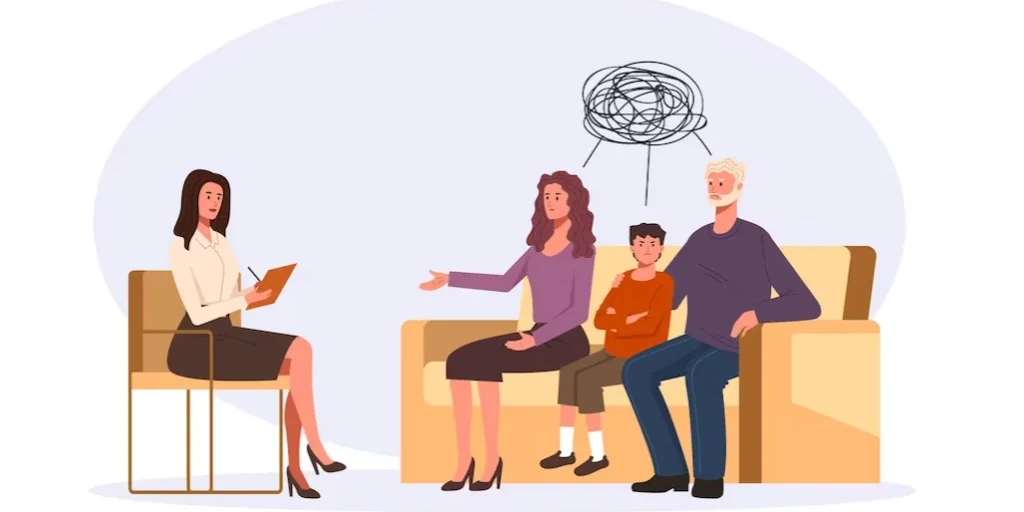24/7 Helpline:
(866) 899-221924/7 Helpline:
(866) 899-2219
Learn more about 90-day Rehab Program centers in Lunenburg County
90-day Rehab Program in Other Counties

Other Insurance Options

UMR

Optima

CareFirst

Ambetter

Covered California

Highmark

Choice Care Network

Medical Mutual of Ohio

Evernorth

Aetna

Multiplan

Group Health Incorporated

BHS | Behavioral Health Systems

MHNNet Behavioral Health

Coventry Health Care

State Farm

Humana

Health Partners

Access to Recovery (ATR) Voucher

PHCS Network

Three Rivers Treatment Center Academy
Three Rivers Treatment Center Academy is a private rehab located in Kenbridge, Virginia. Three River...













































































